PT EN

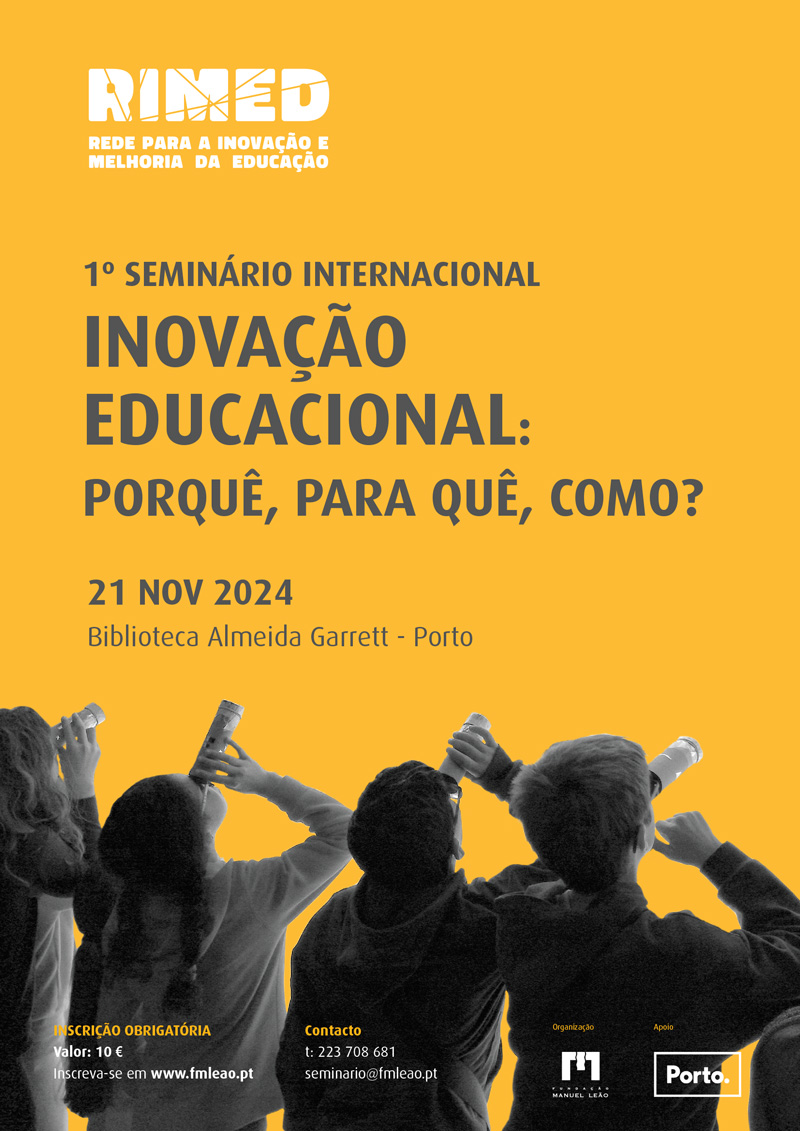
RIMED is a meeting and collaboration platform between people (teachers, researchers, school directors, cultural mediators, etc.) and institutions (schools, local authorities, education associations, etc.) aimed at debate, sharing, study, research-action, co-construction of innovation projects and improvement of education.
RIMED relies on:
– the free adhesion of people and institutions, with their active participation and mutual help to break the isolation, incoherence and unsustainability that usually characterize educational innovations practices.
– a base reference on what we understand by innovation and improvement in education, which constitutes the first challenge of co-construction of this Network and which clarifies, briefly, what type of educational references guide us;
– a multidisciplinary technical team (see), available to support and encourage processes of innovation and improvement in education.
RIMED has the following objectives:
2.1. Create a national network of schools willing to start or continue educational innovation projects, which translate into the metamorphosis of their organizational, pedagogical, curricular, professional and territorial practices.
2.2. Develop cooperation dynamics that create communication channels between the members of this national network and reinforce the communication channels already created with organizations and schools identified as global case studies of school innovation.
2.3. Promote the sharing of experiences with national and global case studies of school innovation, namely through cross-visits and on-site observation of the pedagogical, organizational, curricular, professional and territorial practices used in these case studies, with a view to build significant knowledge that leverages efforts to change and improve national educational processes and results.
2.4. Institute regular practices of reflection, interaction and mutual assistance between schools in the national and international network, in different formats and with variable participation geometries, to enhance all the knowledge produced within the scope of the Network and leverage educational projects of renewed quality.
2.5. Participate in public and private innovation and education improvement programs and dynamics.
3.1. Creation, development and evaluation of Innovation and Educational Improvement Projects, together with Groups, Schools, local authorities and other institutions.
3.2. Creation of a Network of schools committed to innovation and educational improvement.
3.3. Organization of a permanent system of cross-visits among Portuguese schools and between these and global “case studies” of school innovation.
Whoever joins (individually or institutionally) what gains from it?
Anyone who joins RIMED can:
– participate in the permanent construction of the framework and collaborative practices for innovation and improvement in education, progressively constituting a learning community committed to improving education;
– participate in seminars and workshops on innovation and improvement of schools generated within the Network;
– participate in research and improvement projects, preferably based on the self-regulated model of planning-action-improvement-evaluation;
– spread research and innovation projects related to improving school education;
– receive direct support from RIMED for the creation and development of “communities of practice” within each school/school group;
– participate with suggestions on actions to take, methodologies to adopt, precautions to take, new projects to be developed by RIMED;
– propose the creation of mini-networks or thematic sub-networks within RIMED;
– access a library of documents and reports from innovative schools around the world;
– participate in the dissemination of experiences and disseminate/receive scientific articles on innovation and improvement in education;
– promote RIMED among people and entities that may be interested in participating in the Network.
How do you join?
Membership is free.
There is no need to pay any membership fee.
RIMED’s coordination publicizes RIMED and organizes contacts and memberships and establishes a regular rhythm of communication between Network members, encouraging their active participation in the network.
RIMED members, individuals and institutions, can propose multiple work dynamics, such as: sharing experiences, debating issues, visits to innovative schools, in Portugal and abroad, collaborative action research projects, webinars, support for projects in each school,…
RIMED coordination, at the suggestion of acceding members or on its own initiative, organizes events, exclusive to the Network or open.
RIMED coordination activates its Multidisciplinary Team (without prejudice to requesting specific interventions from other experts), to support these actions and to think together about innovation and improvement in education: construction/approval/monitoring of specific projects (e.g.: training consultancy for a school, training course, holding a seminar, running a collaborative mini-network, etc.).
RIMED coordination opens a project file for each action and carries out permanent and close monitoring of each ongoing intervention.
In April 2024, half a year after the creation of RIMED, three thematic networks were launched, which we called RedesRIMED, around three issues that had been identified by schools and educators.
We present the networks and a brief summary of the work (information updated in October 2024).
Institutional evaluation and self-evaluation – The area of institutional evaluation, in particular self-evaluation, due to external pressures, especially IGEC’s external evaluation, is perhaps one of the areas that consumes the most energy in day-to-day schoolwork. At the same time, it may be the area whose results are furthest removed from the investments made. Why so much evaluation and so much dispersed energy? What is the point of collecting so much data? How do we select what matters? How can we put this effort to use to improve the learning of students, of all students? How can we improve processes to improve results? Is it possible to make self-evaluation a simpler process with a greater impact on schools?
In October 2024, this network has 26 active members, including schools and educators, has already met 3 times in the 2023/24 school year, has its Internal Regulations in the process of being approved and has created a Padlet containing a repository of its work. Work on the 2024/25 school year began on October 14.
Topics such as: assumptions and models of self-evaluation (organizational and pedagogical), characteristics of operationally relevant indicators and guidelines for building a self-evaluation action plan have already been discussed together. The next sessions will address questions such as: what is the role of the self-evaluation report? The External Evaluation Report, what value does it have and what should it have? Is the work of the self-evaluation team independent, isolated, autonomous, interdependent?
Learning based on projects, problems and challenges (interdisciplinary curricula) – In order to motivate students and promote more contextualized and in-depth learning, a lot has been invested in designing and promoting learning based on challenges, projects, problems or aggregating themes, creating new “units of meaning” in the work of teachers and students. These new curricular management dynamics, sometimes still dispersed and isolated, have opened new possibilities for collaborative work between teachers/subjects and facilitated greater student motivation, concentration and attention, with an impact on learning and the development of their skills. What experiences do we have to share in this area of interdisciplinary curriculum management? What gains, obstacles and challenges are on the table? How can we create more sustained and organized mechanisms for sharing “interdisciplinary curriculum projects” based on problems and challenges?
In October 2024, this network has 30 active members, including schools and educators, met four times during the 2023/24 school year, has its internal regulations in the process of being approved and is working out the best way to create a repository for the work it is doing. Work on 2024/25 began on September 24. The members of the network have already organized a visit to a training center, at its request, with a view to discussing and disseminating this form of curricular and pedagogical management to all its trainers.
Pedagogical assessment of students – Yes, formative assessment must take priority over summative assessment; yes, the feedback given to students must be of high quality, timely, direct, clear, positive and encouraging and not an administrative act; yes, the classification of students contains, at the same time, a great potential for disqualification; yes, we have heard and repeated the new concepts hundreds of times and yet effective assessment practices tend to remain tied to “it’s always been like this”, to “two tests that we really have to take each term”, to “national exams that constrain us” (…). ). Over the last five years, many schools have profoundly altered the technical devices involved in educational assessment. With what gains, difficulties, and results?
In October 2024, this network has 22 active members, including schools and educators, has met twice in the 2023/24 school year, has approved its Internal Regulations and has built a repository of its work through a very complete Padlet. Work on 2024/25 began on September 26. The Network is meeting monthly and the last topics discussed were: (i) how to put assessment at the service of learning? And (ii) how to use criteria to assess performances that develop complex thinking?
These sub-networks are open to RIMED members only, free of charge, and are guided by three guidelines:
1.these networks are dynamics for meetings and cooperation between members, which focus on sharing experiences and joint reflection-action (horizontal collaborative platform);
2.RIMED provides a person (or more) from its Multidisciplinary Team to animate the work of each RedeRIMED, in order to activate the work and encourage the implementation of the dynamics that are established;
3.the members of each Network establish a system for operating and registering their activity.
The Network’s financing is generated mainly by projects that may be developed.
7.1. Agreements, protocols and contracts
7.2. Sponsorships
7.3. Institutional and individual donations
7.4. Own funds
The profound sociocultural changes that surround us today have posed major challenges to school education. Challenges that call for the progressive change of the educational model that tends to become more and more inadequate, generating a high volume of disengaged students and worn-out professionals.
The innovations and improvements that we have witnessed, whether those promoted by the Ministry of Education (such as Curricular Autonomy and Flexibility or the Innovation Plans regulated by Ordinance no. 181/2019, of June 11, amended by Ordinance no. 306/2021, of December 17th,) or those that each group/school, on its own, decides to undertake, are generally mobilizing and positive, but they usually encounter problems of incoherence, isolation and sustainability. Sooner or later, they end up being absorbed by the traditional and hegemonic school model and their innovative drive for a more meaningful education for each child, young person and educator disappears.
It is important to break this vicious circle and face these same problems of incoherence, isolation and unsustainability of innovation and improvement in education. To this end, it is necessary to involve interested schools and generate networks of mutual help that break isolation and provide a greater guarantee of sustainability of processes and results.
Over the last twenty-five years, FML has developed persistent work to monitor education improvement processes, namely through the AVES Program (External Assessment of Schools), through studies and projects with schools and local authorities and the regular publication of a collection of books on education and teaching.
In addition to this institutional intervention, some researchers have recently developed studies on school innovation on an international and national scale, within the framework of the Portuguese Catholic University. In the context of doctoral work, schools, today identified by the scientific community of Educational Sciences as global “case studies” of school innovation, were mapped and characterized. During these investigations, a network of contacts was created with some of these innovative schools, national and international, with academic personalities and reference organizations, recognized in the field of innovation and school improvement.
We consider that the accumulated experience and knowledge already acquired can and should be completed with on-site observation and the exchange of experiences with these innovative schools, where several profound changes are articulated in the organizational, pedagogical, curricular and territorial dimensions. Namely, with a teaching action more creative, more empowering and deeply cooperative, as this would produce significant and useful knowledge and leverage the processes of change and improvement in Portuguese schools.
Therefore, a multidisciplinary team made up of teachers, researchers and cultural mediators, within the framework of the Manuel Leão Foundation, decided to create the Network for Innovation and Improvement in Education, RIMED. This Network will integrate and enhance the development of the AVES Program (External Assessment of Schools), created in 2001.
Seven years after the creation of Edufuturo: Network of Schools for the Transformation of Education, the Manuel Leão Foundation launched, in October 2023, the RIMED-Network for Innovation and Improvement in Education. We learned from the difficulties that arose and decided to: (i) take a different path, involving people and institutions in more collaborative dynamics; (ii) invest more internal resources and have a more comprehensive multidisciplinary technical team; (iii) move forward with a project of the Manuel Leão
Foundation, bringing together its resources and accumulated experiences around this initiative.

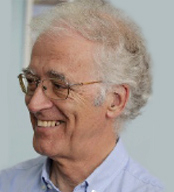
Cathedratic Emeritus Professor of Universidade Católica Portuguesa
Coordination
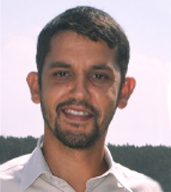
Professor (PhD) and researcher in Sciences of Education at Universidade Católica Portuguesa
Coordination
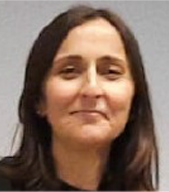
Doctorate in Sciences of Education at Universidade Católica Portuguesa
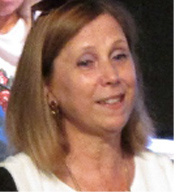
Master in Sciences of Education by Universidade Católica Portuguesa, DGE Digital Ambassador
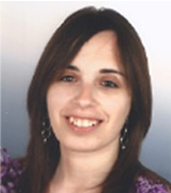
Professor (PhD and Post-doc) in Sciences of Education at Universidade Católica Portuguesa
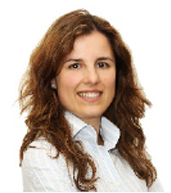
Master in Psicology, Doctorate in Sciences of Education at Universidade Católica Portuguesa
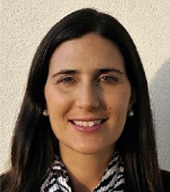
PhD in Sciences of Education at Universidade Católica Portuguesa, ETAP Pedagogical Director
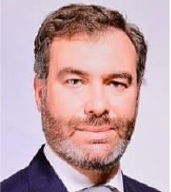
PhD in Sciences of Education at Universidade Católica Portuguesa, Business Management Program at AESE Business School
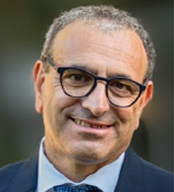
Professor (PhD) in Sciences of Education at Universidade Católica Portuguesa
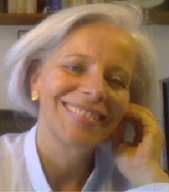
Master and PhD in Curricular Development at Minho University
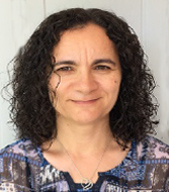
Master in School Administration and Organization, Doctorate in Sciences of Education at Universidade Católica Portuguesa
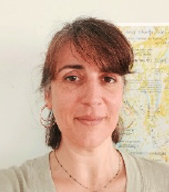
Graduated in Fine Arts-Sculpture, Master in Contemporary Artistic Practices from the Faculty of Fine Arts of Universidade do Porto and Master in Visual Arts Teaching (FPCE and FBAUP), from Universidade do Porto, Director of the Casa da Imagem Museum
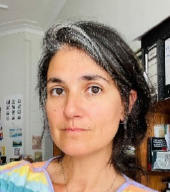
Graduated in Fine Arts-Painting and Master in Multimedia Art and Visual Arts Teaching, from the Faculty of Fine Arts of Universidade do Porto, Director of the Casa da Imagem Museum
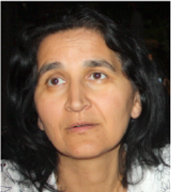
Doctorate in Sciences of Education at Universidade Católica Portuguesa
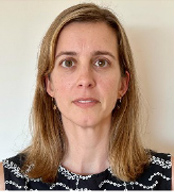
PhD Economic Sciences em Economia pela Sorbonne-Universidade de Paris, CEO da Fundação Manuel Leão
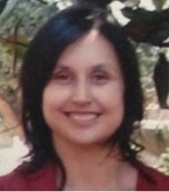
Secondary School Teacher, PhD in Sciences of Education at Universidade Católica Portuguesa, Professor at Universidade da Maia
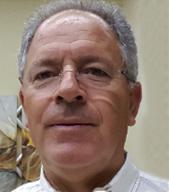
Master in Education by Universidade do Minho